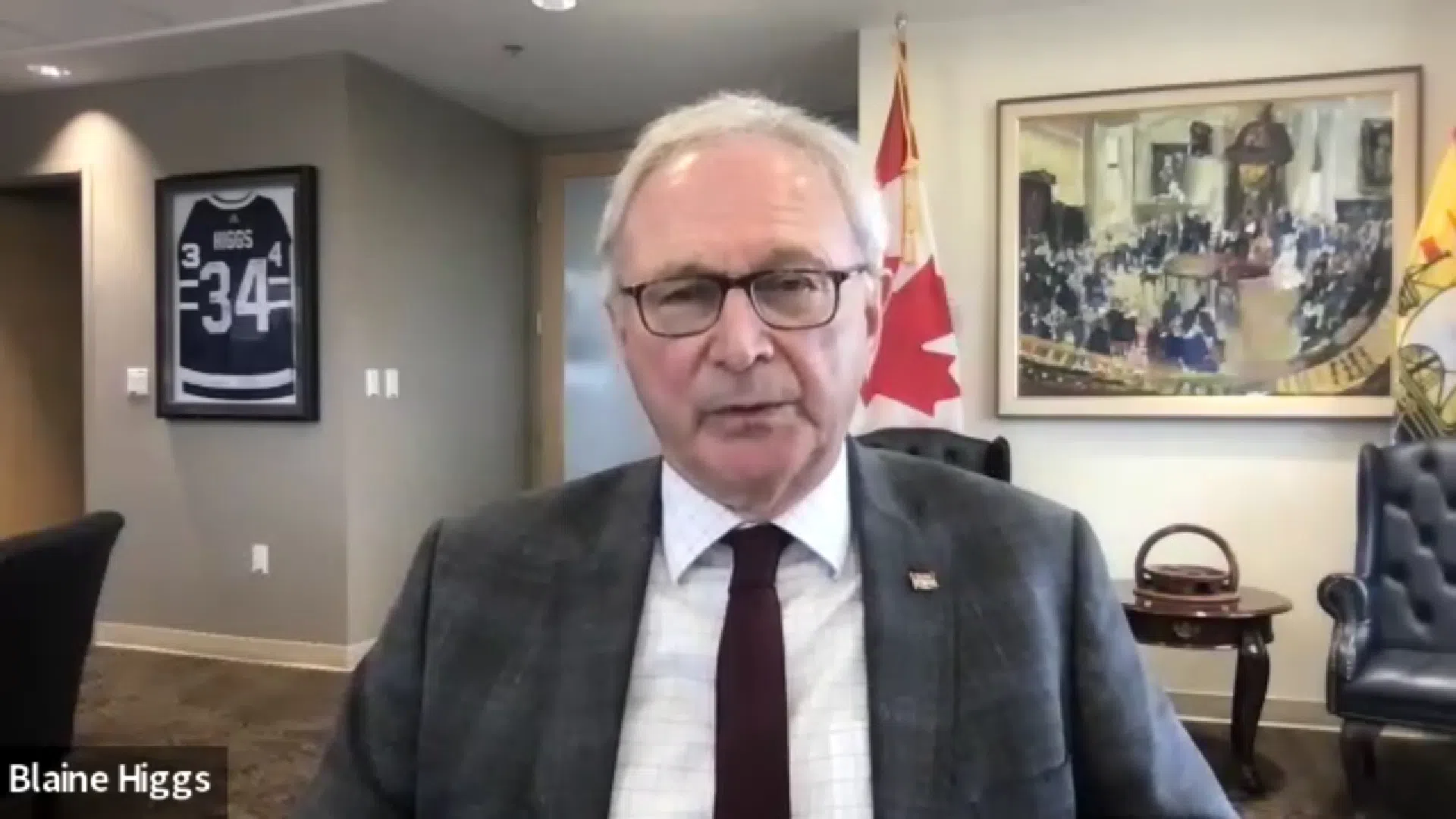The premier of New Brunswick says he is disappointed by what he saw in this week’s federal budget.
Blaine Higgs said he does not see how the budget makes life more affordable for the average Canadian.
Higgs maintained that the federal government should have eliminated the carbon tax, which currently adds 17 cents to a litre of gasoline.
“Now that makes life more affordable for the average Canadian,” the premier told reporters following the budget’s release on Tuesday.
New Brunswick’s premier said spending in the budget was “absolutely shocking” and “totally out of control.”
The federal government projects a deficit of just under $40 billion for the 2024-25 fiscal year, falling to $20 billion by 2028-29.
“This government is obsessed with spending taxpayer dollars in the name of improving the working conditions and affordability for all Canadians,” said Higgs.
“It absolutely has not worked, it will not work, and every Canadian is feeling it, but yet they continue to spend on the same track.”
Housing was the main focus of the budget, with an additional $8.5 in new spending over the next five years.
Higgs claims the federal housing announcements were merely headlines and will not help to build more homes.
“We’re building at record rates in the province, I think it’s like 5,500 starts that are under construction this year, but it gets down again to the point of, okay, what is the root cause of our housing crisis?” he said.
“You know, record, record immigration. And so what is the sustainable immigration level? How do we get to the point where we say ‘OK, this is what we can manage in our province?'”
As for what he likes about the budget, Higgs said there are “a few isolated areas,” such as returning money collected through the carbon price’s fuel charge to small- and medium-sized businesses.






